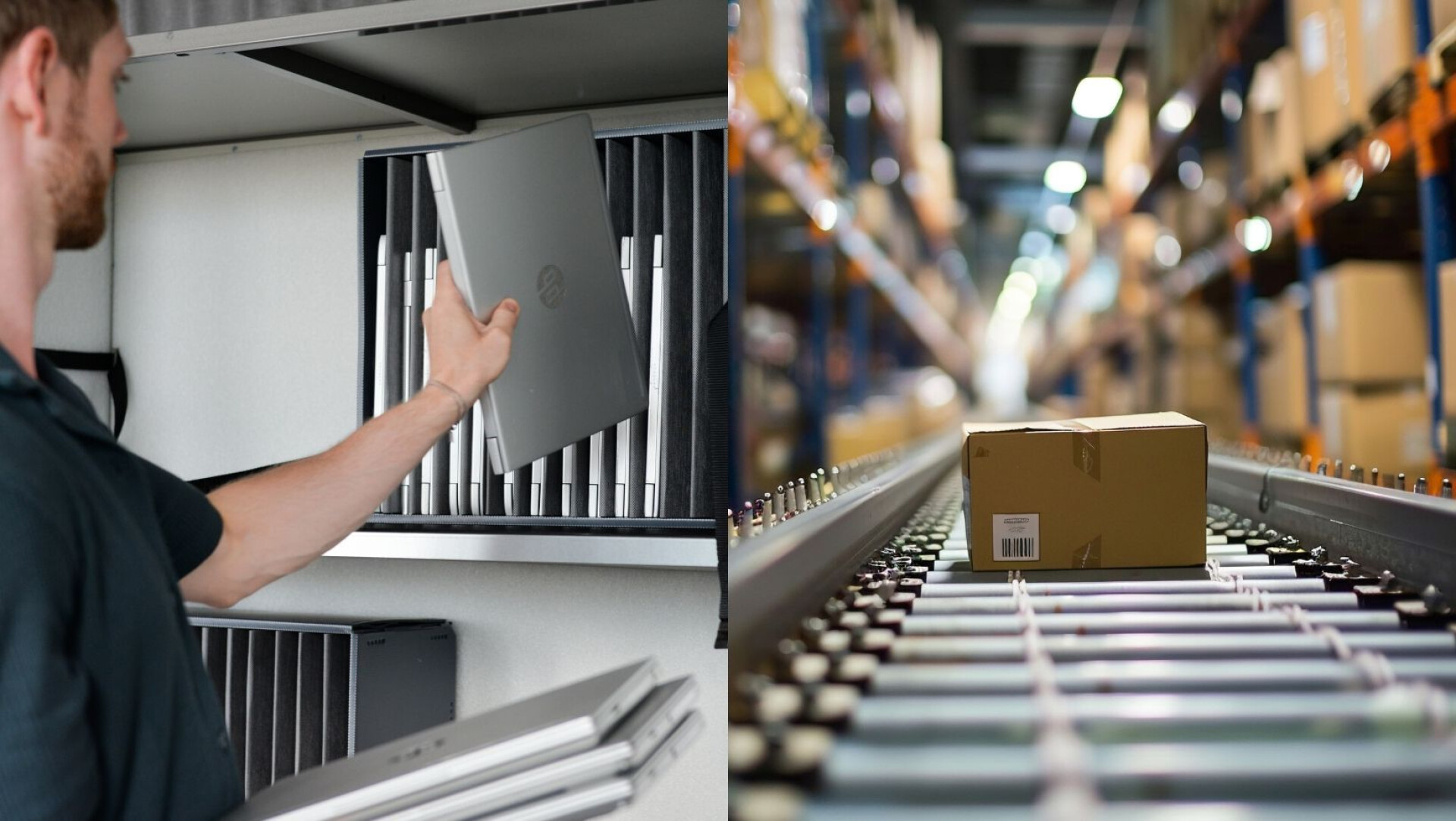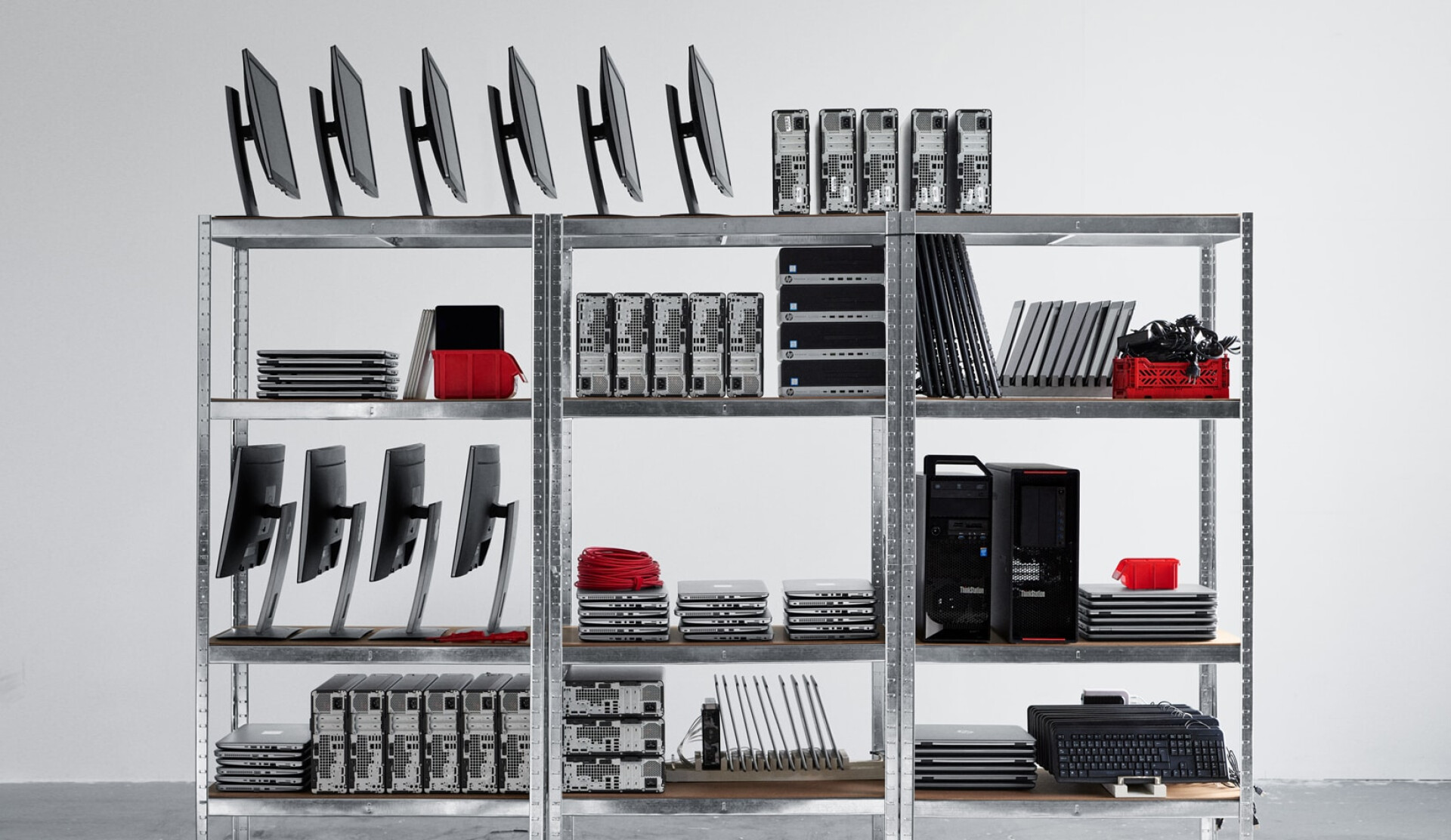The Swedish government has tasked the The Swedish Environmental Protection Agency with developing a strategy to increase the circularity of critical raw materials in Sweden. The aim is to reduce dependency on imports, strengthen national preparedness, and support the climate transition. Inrego has been invited to take part in the process and is contributing insights on electronics reuse - an area with great, yet often overlooked, potential.
The background for this initiative is clear: secure access to sustainably sourced raw materials is essential for achieving a green transition. Today, the EU is heavily dependent on critical raw materials from other parts of the world. This makes us vulnerable - not only economically, but also in terms of security and defense. That’s why the government wants to both increase extraction within the EU and make better use of the resources already in circulation.
This is where reuse plays a crucial role. By extending the life of electronics, we not only reduce waste and emissions - we also slow the consumption of raw materials needed to manufacture new products. A laptop, for example, contains several of the materials that the EU classifies as critical, including cobalt, lithium, and rare earth elements. Today, it’s difficult to recycle all the components in an IT product effectively, while many fully functioning devices are recycled unnecessarily. We want to change that.
What Needs to Be Done
We see several areas where action is needed to make reuse and circular business models more viable. Here are three proposed measures that have been presented to the The Swedish Environmental Protection Agency:
Lower taxes on repair and reuse! One major reason the circular economy struggles to compete with the linear one is that operating in reuse is simply too expensive. To make it more cost-effective, we propose lowering labor taxes in the reuse and repair sectors. These industries are labor-intensive and therefore taxed heavily—unlike the extraction of virgin materials, which is taxed lightly.
One way to support this would be to include circular businesses, in their entirety, in the research tax deduction to strengthen innovation and competitiveness within reuse and repair.Assign a specific industry code for the reuse and repair sector! Businesses in the circular economy often fall through the cracks when it comes to new policy decisions, tracking, and statistics - mainly because our sector doesn’t yet have a dedicated industry code (SNI code in Sweden). We are calling for a specific code to be created for reuse and repair. This would enable better data, policy follow-ups, and targeted political initiatives.
Abolish the chemical tax on used electronics! For the past eight years, imported reused electronics to Sweden have been subject to a special chemical tax, despite the fact that these products are already manufactured, have extended lifespans, and help reduce resource extraction. Calling this a Swedish “environmental tax” is misleading. It disproportionately impacts the reuse sector, and we therefore demand that it be entirely removed for used IT products.
At Inrego, we’ve been working with IT reuse since 1995. We know that products many consider “old” often have plenty of life left - and that their circular potential is far from fully realized today. That’s why we’re proud to contribute to this strategy process alongside other key players, and to highlight the importance of reuse in creating a more resilient, circular, and secure supply of materials. The Swedish Environmental Protection Agency is fostering a valuable dialogue.

